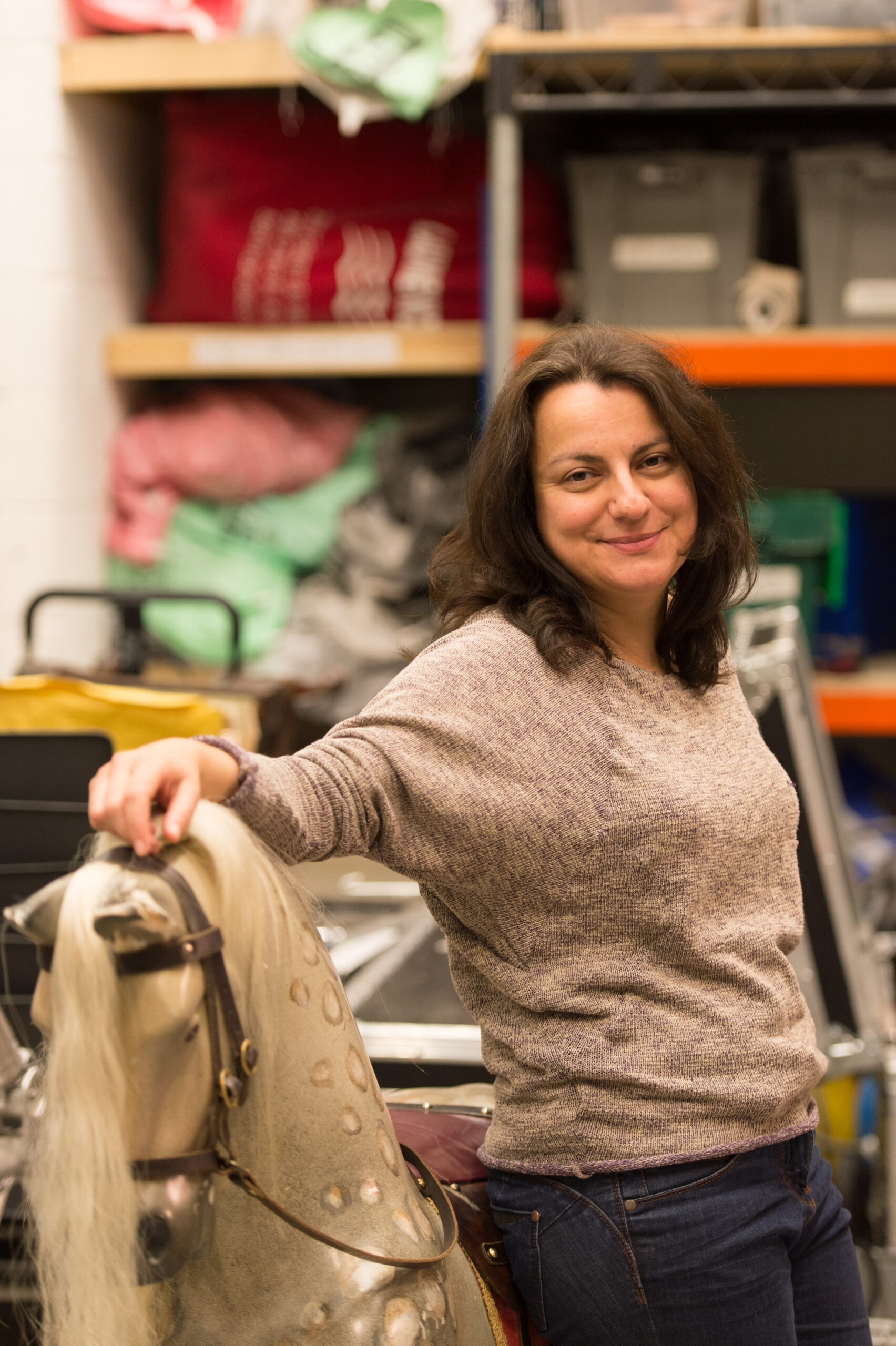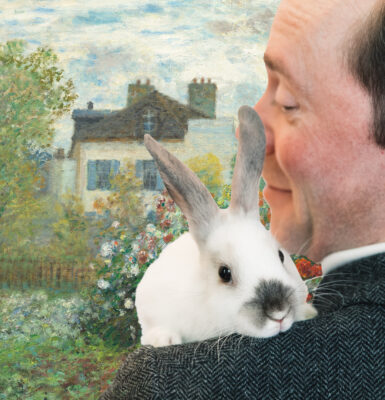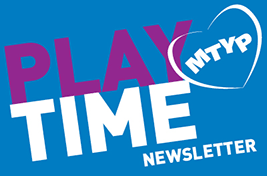
GETTING REAL WITH VELVETEEN RABBIT PLAYWRIGHT PURNI MORELL
Purni Morell, the creator of MTYP’s season opening play The Velveteen Rabbit, is a freelance theatre director, writer and translator. She was Artistic Director of Unicorn Theatre in the United Kingdom from 2011 to 2018 and now lives in Antwerp, Belgium. She is as excited as we are to open MTYP’s 2022/23 season with her adaptation of The Velveteen Rabbit, a story that chronicles a stuffed rabbit’s desire to become real.
Q 2022 is the 100th anniversary of the publication of The Velveteen Rabbit. Why do you think this story has endured?
A Great question. I think that Margery (Williams, author of The Velveteen Rabbit) understands really well what the world looks like from a child’s point of view. Everyone has toys, and we all know what that is like and what it’s like to lose a toy. The story is told through Rabbit’s point of view, and so he represents the child’s perspective as he discovers life. I think the book is about a series of things that everybody goes through: there’s luck, friendship, love, a relationship with a mentor, being kept in the dark, literally getting lost. Everybody reads the book and remembers specific parts of it – people read parts at weddings – but fundamentally what it’s about is that toys don’t want to be ignored or left in cupboards, and neither do children. Adults respond to different elements, but they don’t want to be ignored or left in cupboards either. So we all understand what Margery Williams is saying, and we think, “Oh, this woman gets it.”
Q I’ve read some of your interviews where you discuss that so many experiences that children have in our society are curated by adults. Can you talk about why that bothers you?
A It’s very rare that we adults let children be the agents of their own lives. We decide what they eat, where they go and when, which of their friends we approve of, whether they’re going to do hockey or ballet. We don’t let them say they don’t want to move to another city or aren’t hungry right now. Obviously, to raise people to function in a society, you need some boundaries, but I often wonder how adults would respond if they were treated and spoken to the way we regularly treat and speak to children.
I have this sense that everyone everywhere, right this moment, is the oldest they’ve ever been. Nobody knows what’s coming tomorrow. So I see no reason to assume that, in general, adults know what’s best. And I think that if everyone had a little more freedom to discover and become who they are without constantly being told what or how, or being stimulated by this or that, then we’d probably be in a better situation.

Q In your production of The Velveteen Rabbit, the rabbit is not a puppet. Why was it important for both the rabbit and boy to be actors?
A I wanted them to be partners. Their relationship is not about Boy leading or teaching the rabbit, or the other way around. And there’s a hierarchy in the relationship between a child and a toy that’s not there between friends – you organise your toys in a way you can’t organise your friends. So I made them both actors so they could be equals. Those two are in love, I think, the kind of love you have when you are best friends with someone: they create a community of two. And you can sense a great loneliness with the Boy. No parents are mentioned; there are few adults around. Rabbit understands that, I think. You get the feeling they rescue each other from invisibility and obscurity.
I guess I also wanted to say something about how every adult still carries around within them the child they used to be. I’m interested in that. Imagination belongs to everybody – and having adult men play Rabbit and Boy helps that, I think.
Q In the book, the Skin Horse says to Rabbit, “Real is something that happens to you when a child loves you for a long, long time, maybe loves you so much that your fur rubs off, then you become real.” Does that feel a bit dark?
A I’ve never responded to it as dark. The Skin Horse is very old. As a message from an older person to a younger person, he’s just saying it’s not about being good-looking or winning or being a success or having a hundred kids at your birthday party. He’s saying things change as you go through life, you develop, and if you’re lucky, maybe you build deeper things. And, you know, we do all get old. Hair falls out. So do teeth. That’s not bleak to me. A bleak message would be if you had to be perfect to be loved. A lot of people worry they’re not good enough – it causes a lot of unhappiness. That’s dark.
Q You said “I prefer theatre that is quite simple and that doesn’t pretend the story is really happening.” Tell me more.
A Well, I always think a play doesn’t actually happen in the theatre, it happens in people’s heads. I know that’s the opposite of what people commonly say, but it’s what I sense to be true. My job when I make a piece of theatre is to create the conditions for something to happen – not to make it happen or force it to happen. When you watch this play, you know you are in an auditorium in Manitoba, and you know the actors are not really a Boy and a Rabbit, so I’m not going to pretend they are. But in our souls and minds and hearts, if the play is good, we will go somewhere else. It’s not that we “transport” the audience somewhere else – but we create conditions, present a possible journey, which the audience will then maybe go on in their heads. And the performers go on the same journey – there’s nothing there until they do it or say it.
What makes theatre theatrical is that two things are happening at once: it is both real and also completely not. And since the Rabbit asks, “What is Real” – and that’s a big journey for him, I just thought: you can’t start by giving him ears and pretending he is a rabbit because he’s not. One of the reasons The Velveteen Rabbit works, I think, is that people in the audience know we’ve got their backs. We’re not going to be unreasonable and pretend we’re actually rabbits or in a garden – but what we are going to do is give you a map and tell the truth.
The Velveteen Rabbit runs from October 14-23 at MTYP. Tickets can be purchased online or by calling the Box Office at 204-942-8898.

